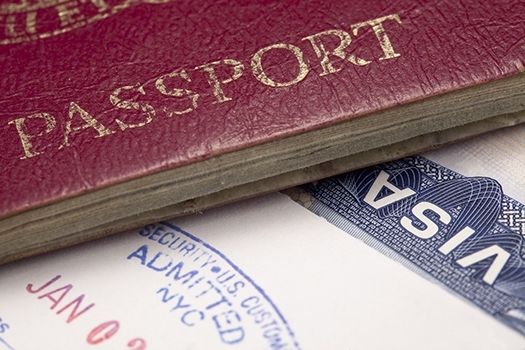
In May the Government announced that they had suspended the ‘memorandum of understanding’ (MOU) under which NHS Digital shared patients’ details with the Home Office without their consent or knowledge.
This had been done ostensibly so that people breaking immigration rules could be traced. NHS Digital could refuse if they considered that this was not in the public interest, but usually they complied.
In January the Commons Health Committee wrote a letter calling for an immediate halt to data sharing. The MPs said the situation was unacceptable and they had serious concerns about the way the NHS had approached its duty to respect and promote confidentiality, and that in drawing up the MOU there had been ‘a failure to pay due regard to the underlying ethical considerations and potential unintended consequences for public health’.
However, when the MOU was suspended, the Home Office said that ‘the changes mean that data will be requested to locate foreign national offenders we intend to deport who have been given a prison sentence of 12 months or more and others who present a risk to the public’.
One pregnant woman did not seek any antenatal care because she was too frightened to attend appointments
This is very vague and as GPs we need to maintain our vigilance about data sharing. Our threshold of sufficient public risk to justify breaching confidentiality will be far higher than that of the Home Office who will find other ways to obtain information from the unwary. A practice in Tower Hamlets received a fax from the Immigration department in April asking them to verify patient details. The practice were concerned and asked my advice as LMC chair. We agreed that breaching confidentiality for immigration offences was not justified and the practice refused to provide the information. However, receiving such correspondence is intimidating and I know of practices in other areas who have provided the information, thinking that they were obliged to.
Breaching confidentiality undermines the trust that underpins the relationship between a patient and their doctor. If patients fear that their data will be passed to immigration officials when they seek health care, they may stop doing so even when in great need. During evidence on the MOU’s impact the Health Committee heard how one pregnant woman did not seek any antenatal care because she was too frightened to attend appointments. Another woman died after not seeking treatment for a persistent cough.
The cost to the NHS of overseas visitors is difficult to quantify but is a tiny fraction of the overall budget. Set against the invaluable contribution of migrant health workers to the NHS and the costs of emergency treatment when patients present late, it pales into insignificance.
A recent pilot in which some Trusts asked patients for two forms of identification revealed that only one in 180 were deemed chargeable. The cost of the infrastructure to check eligibility and deal with invoicing surely outweighs the costs of treatment.
One has to wonder if once the apparatus is put in place to charge some people, it will eventually be used to charge us all.
The Windrush affair has brought the consequences of the hostile environment into sharp focus. People who have been here for decades, contributing to our economy, have been denied NHS care.
Everyone is entitled to a GP, wherever they are from. However, a pregnant woman in Scotland was wrongly removed from her GP’s list and denied care. Having to prove eligibility not only means that people who are entitled to care but don’t have the correct documents to prove it go without. It also means that NHS staff who don’t understand the rules deny care through ignorance.
Aside from the humanitarian and administrative issues with demanding that people prove eligibility for NHS care there are public health issues for all of us. If people, through fear of deportation, do not seek treatment for their infectious diseases or do not have their children immunised this affects everyone.
Barriers to health care are against the founding principles of the NHS which was set up to provide a comprehensive health care service to all, free at the point of need.
As we celebrate 70 years of the NHS we can do no better than to invoke the memory of Aneurin Bevan, who said: ‘How do we distinguish a visitor from anybody else? Are British citizens to carry means of identification everywhere to prove that they are not visitors?
‘For if the sheep are to be separated from the goats both must be classified. What began as an attempt to keep the Health Service for ourselves would end by being a nuisance to everybody.’
Dr Jackie Applebee is a GP in east London and chair of Tower Hamlets LMC
Pulse October survey
Take our July 2025 survey to potentially win £1.000 worth of tokens













